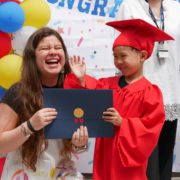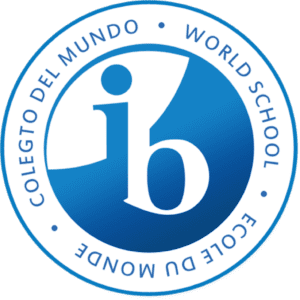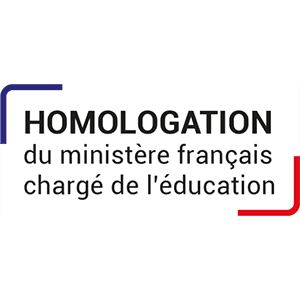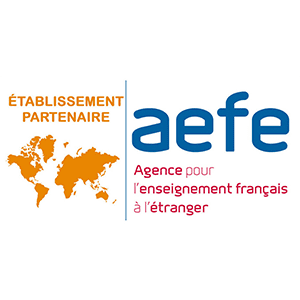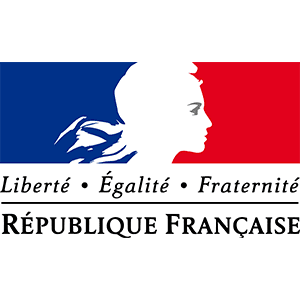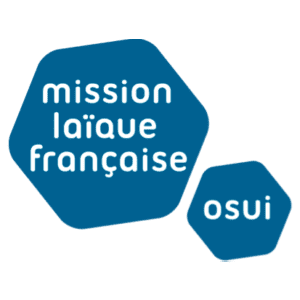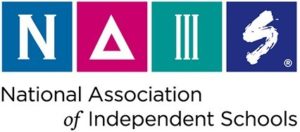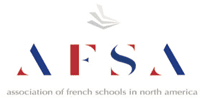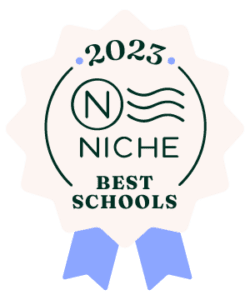Excellence in Education
Excellence, by definition, is the unwavering commitment to do anything to the best of our ability. At Tessa International School, it is not an abstract ideal. Excellence is one of the three pillars of our fundamental philosophy that underpins everything we do.
Cultivating excellence in our students goes beyond academic achievement. It encompasses developing positive character traits, fostering global visions, and instilling a lifelong passion for learning. We are committed to helping students internally embrace the notion of excellence and strive towards it.
Excellent Educational Practices: Our Global Accreditations
Tessa’s program has been built on the principle of incorporating the world’s best practices in education. Our school holds three premier global accreditations, which highlight the high standards we maintain and our commitment to academic excellence.
- As an IB World School, we adhere to the International Baccalaureate framework.
- Additionally, we follow the official French program, providing students with a structured and comprehensive learning experience.
- Last but not least, our Cognia accreditation ensures that Tessa is standards-driven.
These renowned accreditations ensure a seamless transition for students into similar institutions in the US and around the world, facilitating their global mobility and fostering their continued success.
Excellent Teachers: Our Foundation and Support
Central to our pursuit of excellence is our team of passionate and experienced teachers, who dedicate themselves to the educational experience at Tessa. Our teachers are highly credentialed professionals, mostly holding advanced degrees and specialized training in their subject areas.
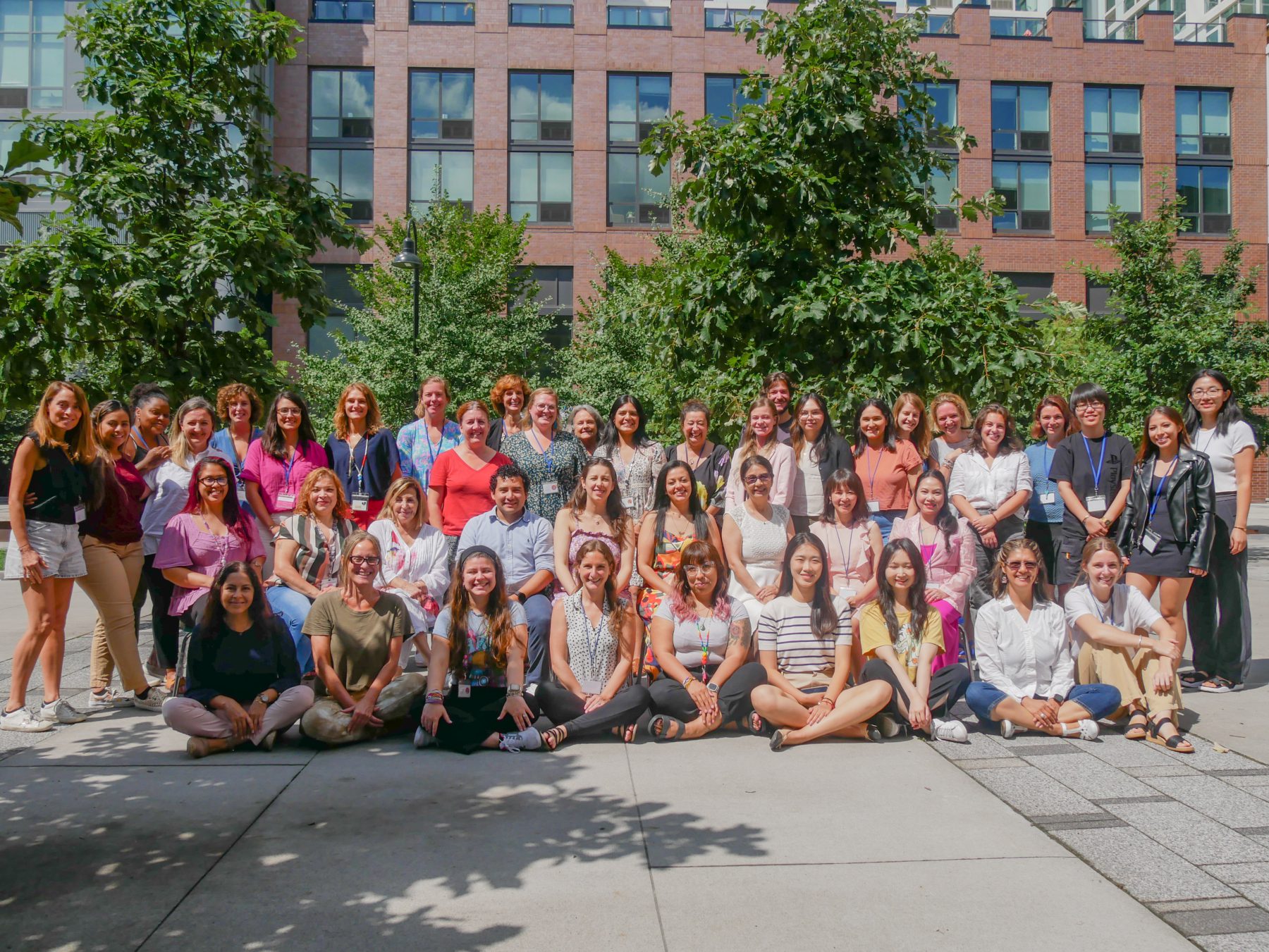
Our teachers create a supportive community that inspires students to reach their full potential.
We provide a child-centered approach tailored to each student’s unique needs and interests. With a low teacher-to-student ratio, we prioritize personalized attention, ensuring that each student receives the support and guidance they need to thrive academically and emotionally. Simultaneously, language immersion, project-based learning, and an international perspective are integral to our curriculum.
Each member of our team is a native speaker. With their diverse backgrounds, our educators bring a wealth of knowledge and experience to the classroom, enriching the learning environment and fostering multicultural exchange. At Tessa, we celebrate our differences. It is through understanding and respect that we cultivate knowledgeable, caring, and excellent individuals who are equipped to navigate an increasingly interconnected world. Our teachers may have different origins, but they all share the same love of language and culture, and the common goal of empowering students in a warm and supportive environment.
“We are what we repeatedly do. Excellence, then, is not an act but a habit.”
– Will Durant, paraphrasing Aristotle.
By all means, we aim to motivate our students to pursue excellence intrinsically. It is not just a destination but a journey we embark on. Through the incorporation of world’s best educational practices and a team of highly credentialed native-speaking teachers, we strive to provide a world-class education that promotes students for excellence in an ever-changing global landscape.
Are you ready to explore the only international leading private school in Hoboken?
Contact Tessa International School to learn more!


